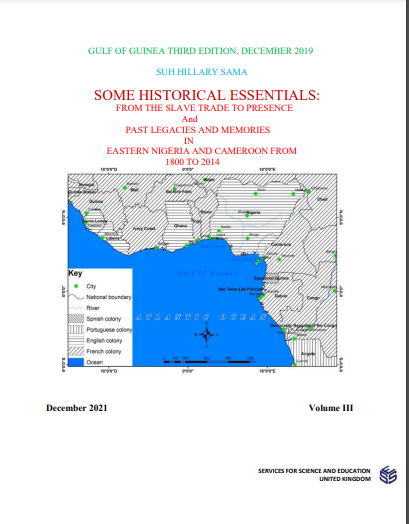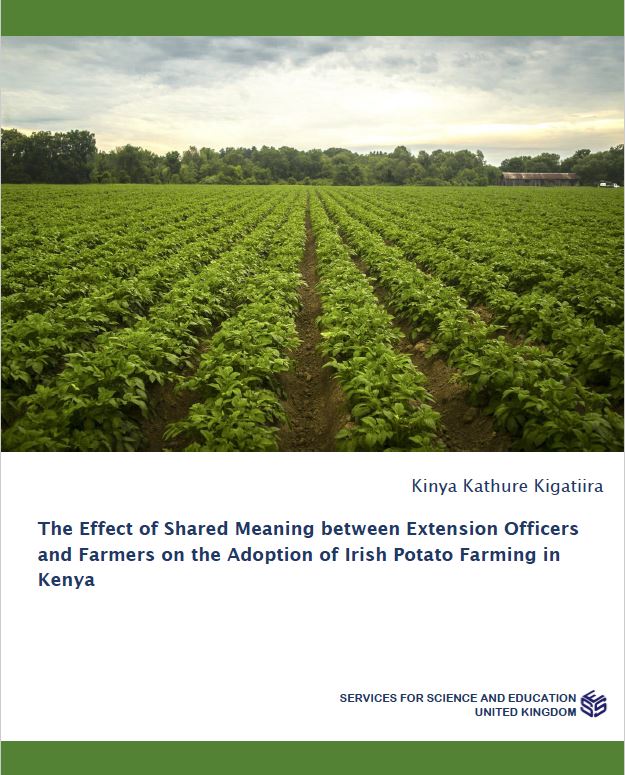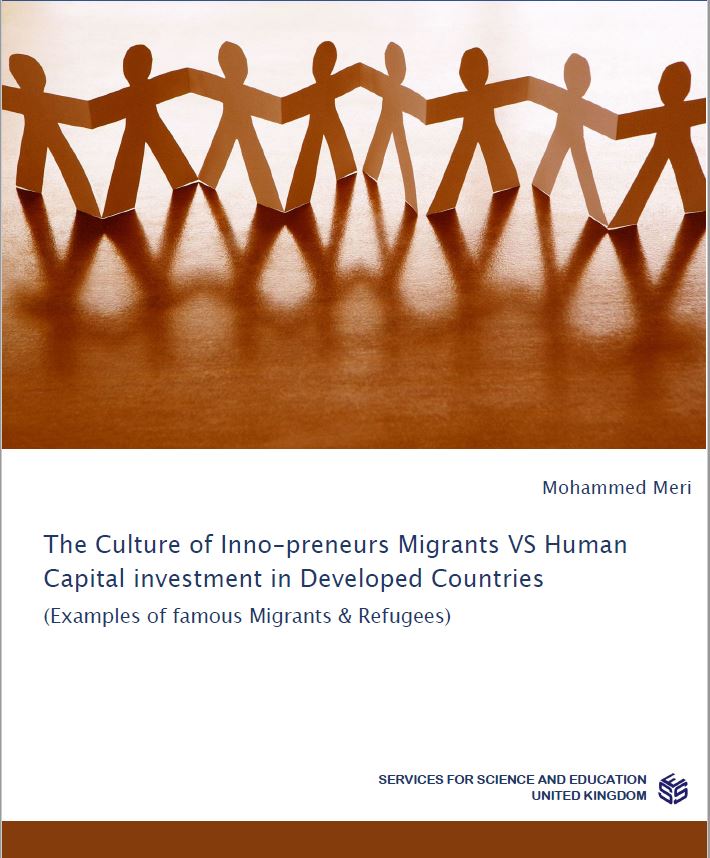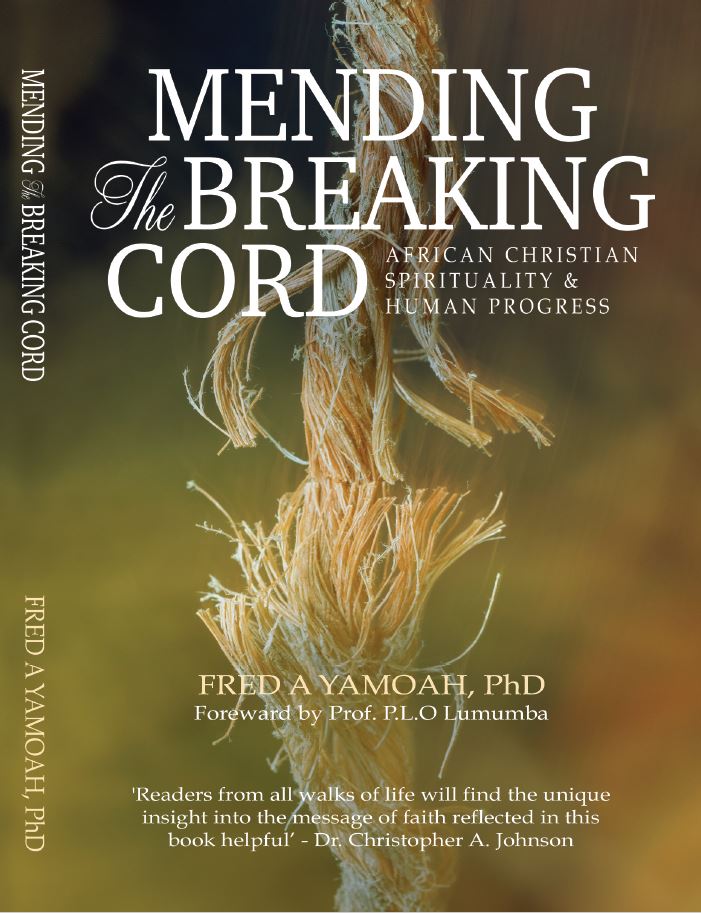Pengaruh Aspuan Lipid-Protein Dan Polimorfisme Sex Hormone Binding Globulin (Shbg) Terhadap Kadar Shbg Pada Pria Indonesia Dan Kaukasia
Tim peneliti di bagian Biologi FKUI sedang melakukan penelitian untuk mengetahui apakah ada perbedaan kadar Sex hormone binding globulin (SHBG) dan polimorfisme DNA (gen) antara pria dewasa normal pada tingkat social ekonomi rendah dibandingkan dengan tingkat social ekonomi menengah/tinggi. Hingga sekarang belum diketahui apakah faktor nutrisi (gizi) dan faktor keturunan berpengaruh terhadap kadar SHBG. Lima puluh pria Indonesia dewasa normal dari tingkat sosial ekonomi rendah dan lima puluh pria dewasa normal dari tingkat sosial ekonomi menengah/tinggi serta tiga puluh empat pria Kaukasia dewasa normal akan diikutsertakan dalam penelitian ini. Kesediaan anda sebagai relawan sangat diharapkan untuk ikut serta dalam penelitian ini. Penelitian pada kelompok monyet (Macaca fascicularis) yang diberi pakan pola barat (western diet) dan kelompok monyet yang diberi pakan pola Asia (Asian diet), dan disuntik dengan obat kontrasepsi (testosteron enantat dan depot medroksiprogesteron asetat) menunjukkan perbedaan jumlah dan mutu sperma. Monyet yang diberi pakan pola barat, memiliki jumlah dan mutu sperma yang lebih baik.









